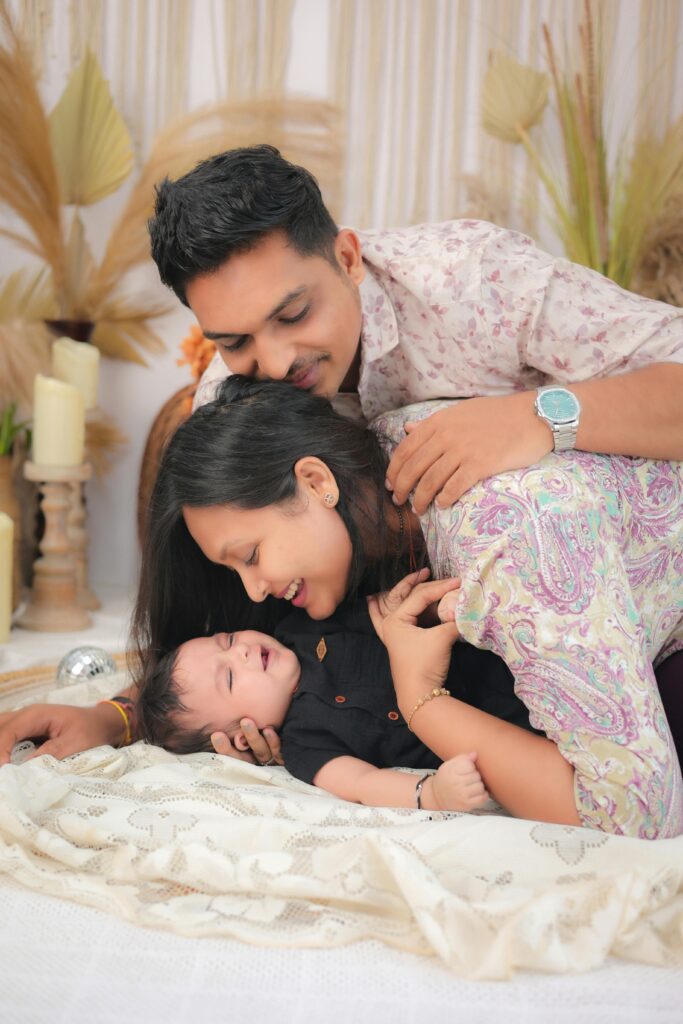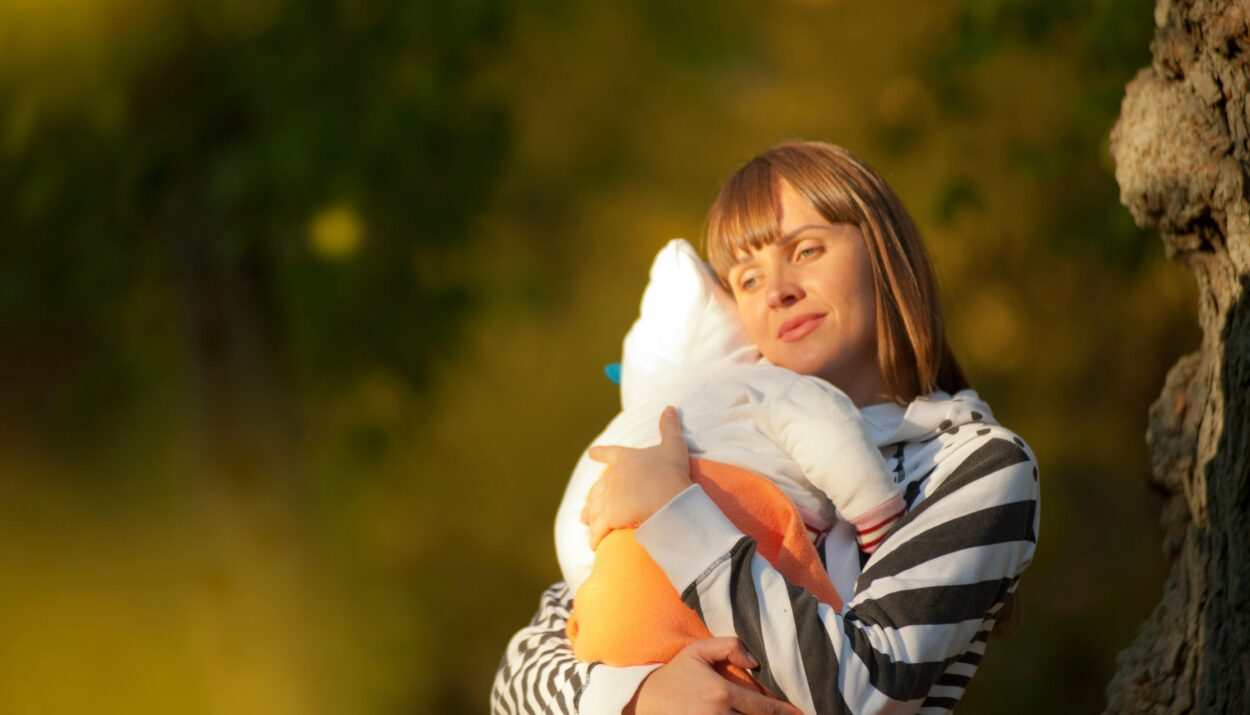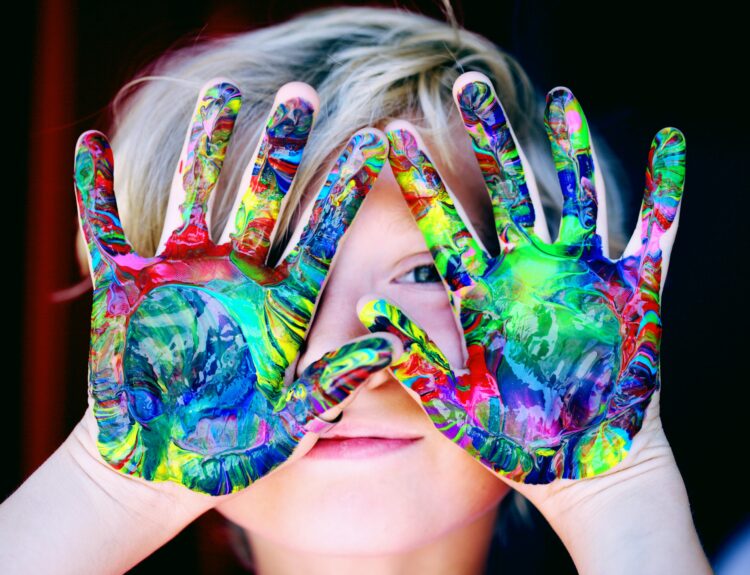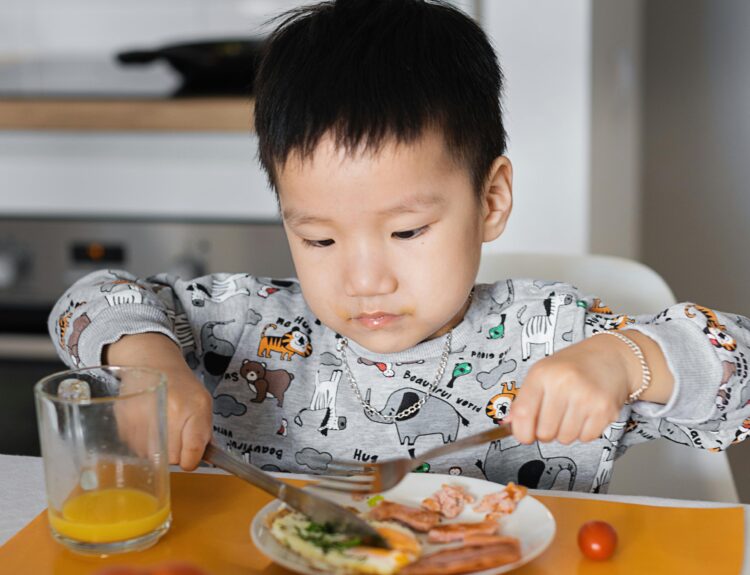Motherhood is one of life’s most transformative journeys. From the moment I held my baby for the first time, something inside me shifted. I knew I would be responsible for raising and nurturing a little human — but I didn’t realize how much motherhood would raise and nurture me too.
It’s not just about sleepless nights, diaper changes, and school runs. It’s a deep emotional journey — one that has taught me more than any book, job, or experience ever could. These are the top 10 life-changing lessons motherhood has taught me, and I hope they resonate with every mom out there — whether you’re in the thick of toddlerhood or navigating teenage years.

1. Patience Isn’t Just a Virtue — It’s a Lifeline
Before becoming a mom, I thought I was a pretty patient person. I could handle queues, delays, even annoying conversations. But nothing prepared me for the kind of patience motherhood demands.
Whether it’s dealing with colic at 2 a.m., calming a toddler meltdown in the middle of the grocery store, or explaining the same thing for the fifteenth time in one day, I’ve had to dig deep into a reserve of patience I didn’t know I had. I’ve learned that sometimes, taking a deep breath, counting to ten, or simply choosing silence over reaction can save a moment from spiraling into chaos.
Motherhood has taught me that true patience is about grace — giving grace to my child, and even more importantly, giving grace to myself.
2. There’s No Such Thing as “Perfect” — And That’s Beautiful
For the longest time, I believed that a “good mother” looked a certain way: perfectly styled hair, spotless home, well-dressed kids eating organic meals, and never raising her voice. I tried so hard to meet those unrealistic standards that I lost joy in the process.
Then one day, as I was sitting on the floor, hair in a bun, house a mess, with my child laughing wildly while smearing yogurt on their face, I realized — this is perfect. Not because it looks good, but because it feels good.
Motherhood isn’t about perfection. It’s about presence. And when we let go of impossible standards, we create space for connection, joy, and authenticity.

3. Self-Care Is Not Selfish — It’s Survival
There were times when I went days without taking care of myself. I’d skip meals, forget to shower, and put my needs at the bottom of the list. I thought I was being a “good mom” by sacrificing everything.
But I burned out. I felt empty, irritated, and disconnected from myself.
That’s when I learned the truth: you can’t pour from an empty cup. Taking care of myself — even in small ways — made me a more patient, loving, and present mom. Now, I find little rituals that fill me up: a skincare routine, journaling at night, or simply stepping outside for fresh air. Self-care isn’t luxury. It’s maintenance for the soul.
4. Love Doesn’t Divide — It Multiplies
Before becoming a mother, I feared that I’d lose myself completely. That I’d become just “someone’s mom.” What I didn’t realize is that motherhood didn’t shrink me — it expanded me.
The love I feel for my child didn’t take away from who I was — it added depth to my identity. I became more empathetic, more aware, more sensitive, and more protective. My capacity to love grew in all directions — for my partner, my family, and even for strangers.
Motherhood taught me that love is not limited — it only gets bigger.

5. You Learn as You Go — And That’s Okay
No one hands you a guidebook when you leave the hospital with a newborn. And even if they did, every child is different. I remember googling everything — from how to soothe a crying baby to how to introduce solids.
Eventually, I realized that no book, no blog, and no expert knows my child the way I do. Yes, guidance helps — but instinct matters too. Over time, I stopped seeking perfection and started trusting myself. I still make mistakes. But every mistake is a lesson. Every hard day is a step forward.
Motherhood is one big learning curve, and no one gets it 100% right. And that’s the point — we grow as they grow.
6. Every Child Is Unique — Comparison Is a Thief
At first, I compared everything. My child’s milestones, eating habits, even tantrums. Social media didn’t help — I’d see videos of “perfect” kids reciting poems while mine was painting the walls with yogurt.
But I’ve learned that every child is on their own path. Some talk early, others walk late. Some are calm, some are wild-hearted. And every single one is beautiful in their own way.
Now, I celebrate my child’s uniqueness. I don’t measure them against others. I measure them against who they were yesterday. Comparison robs us of joy. But acceptance opens the door to connection.

7. Time Is a Thief — Be Present While You Can
“Enjoy it — it goes so fast.” I used to hear this all the time and roll my eyes. But now I understand. Time truly flies. One minute they’re babbling, the next they’re writing their name and asking questions about the moon.
I’ve learned to pause and be present. To look into my child’s eyes when they talk. To listen without distraction. To put down the phone. Because these ordinary days — the bedtime stories, the sticky kisses, the silly dances — they’re the ones I’ll miss the most.
Motherhood has shown me the magic in the mundane.
8. It’s Okay to Ask for Help — You’re Still a Good Mom
For some reason, I thought asking for help meant I was failing. I wanted to do it all — housework, parenting, working, cooking — without ever saying “I need a break.”
But the truth is, motherhood is not meant to be done alone. It takes a village. Whether it’s asking your partner to take over for an hour, letting your mom watch the baby, or talking to another mom friend — support matters.
Asking for help doesn’t make you weak. It makes you wise. It shows your child that it’s okay to lean on others, and that strength lies in vulnerability.
9. The Messiest Moments Hold the Most Meaning
Some of the days I remember most fondly are the ones that were far from perfect. The day my child dumped flour all over the kitchen floor while trying to bake with me. The night we had a living room picnic because dinner was late. The time we built a fort with every pillow in the house.
Those moments were messy. But they were real. They were filled with laughter, learning, and love.
Motherhood has taught me to embrace the mess — both literal and emotional. Because life isn’t a highlight reel. It’s a beautiful, chaotic journey filled with real, unfiltered joy.

10. You Are Enough — Even on the Hard Days
There were days when I cried in the shower, doubting myself. Wondering if I was doing enough. Being enough. Giving enough.
But one night, while tucking my child into bed, they wrapped their arms around me and whispered, “You’re the best mama.” And in that moment, every doubt melted away.
Motherhood taught me that being “enough” doesn’t mean being perfect. It means showing up. Loving deeply. Trying your best. And forgiving yourself when you fall short.
To every mom reading this: You are more than enough.

Final Thoughts: A Journey of Growth, Love, and Grace
Motherhood isn’t just about raising a child — it’s about rising with them. Growing through each challenge. Healing old wounds. Learning to love without limits.
I’ve learned to slow down. To listen. To laugh more. To forgive quicker. And to love deeper than I ever thought possible.
These lessons weren’t taught in a classroom — they were written in lullabies, whispered during sleepless nights, and painted across sticky fingers and bedtime kisses.
I’m still learning. I always will be. Because that’s what motherhood is: a journey, not a destination.
FAQ: Lessons in Motherhood
1. How do I know if I’m doing a good job as a mom?
If you’re worrying about whether you’re doing a good job, chances are — you already are. A good mother isn’t perfect; she’s present. If you’re showing up, loving your child, and trying your best, then you’re doing exactly what you need to. Your child’s need for love, security, and consistency outweighs the occasional mistakes or off-days. Give yourself grace.
2. How do I stop comparing myself and my child to others?
Comparison is natural, especially in a world filled with curated social media posts and parenting “advice.” The best way to stop comparing is to focus inward. Every family is different. Every child is unique. Instead of looking at what others are doing, ask yourself: Is my child healthy, loved, and growing in their own way? That’s what truly matters.
3. What does “being present” really mean as a mother?
Being present doesn’t mean spending every waking moment entertaining your child. It means being emotionally available and engaged when you’re with them. That could be making eye contact while they talk, listening to their stories without distraction, or just sitting next to them while they play. Small, intentional moments matter more than constant activity.

4. How can I balance motherhood and self-care?
Start small. Self-care doesn’t need to be spa days or hours alone. It can be a hot cup of coffee in silence, five minutes of deep breathing, a skincare routine before bed, or journaling your thoughts. Communicate with your partner or support system, and schedule pockets of time that are just for you. Your well-being fuels your ability to nurture others.
5. What if I feel like I’ve lost myself in motherhood?
It’s common to feel this way — especially in the early years when your identity is wrapped around caring for someone else. But motherhood doesn’t erase who you were. It adds layers to who you are becoming. Reconnect with your passions, talk to friends, reflect on your goals, and most importantly, give yourself permission to exist beyond your role as “mom.”
6. Is it normal to feel overwhelmed, even if I love my child deeply?
Absolutely. You can love your child fiercely and still feel exhausted, frustrated, or burned out. These feelings do not mean you are failing — they mean you’re human. Seek help when needed, take breaks when possible, and talk about your emotions. Motherhood is beautiful, but it’s also incredibly demanding — and it’s okay to admit that.
7. What’s the biggest advice you’d give a new mom?
Trust yourself. You will be bombarded with advice from every direction — books, blogs, relatives, strangers. But you know your child best. Listen to your instincts, be flexible, and don’t be afraid to make mistakes. Your love and presence are more powerful than any parenting strategy.








